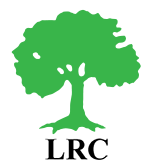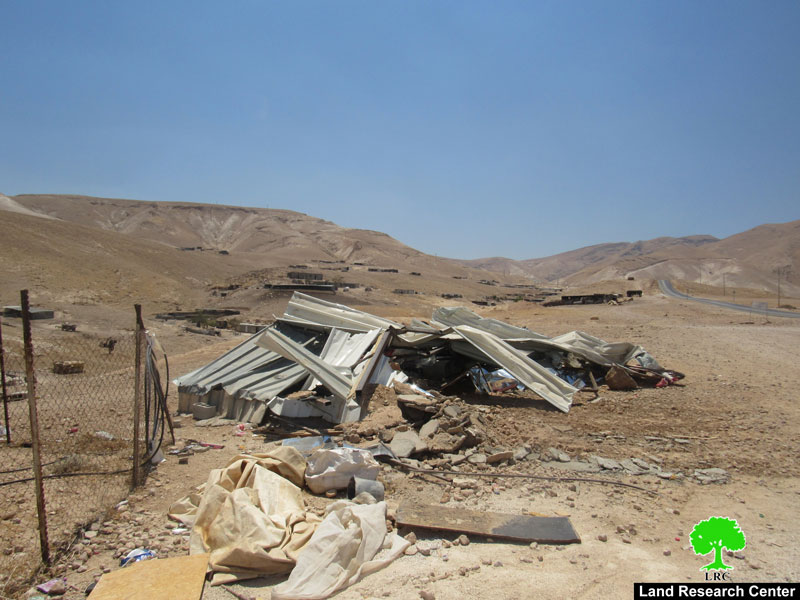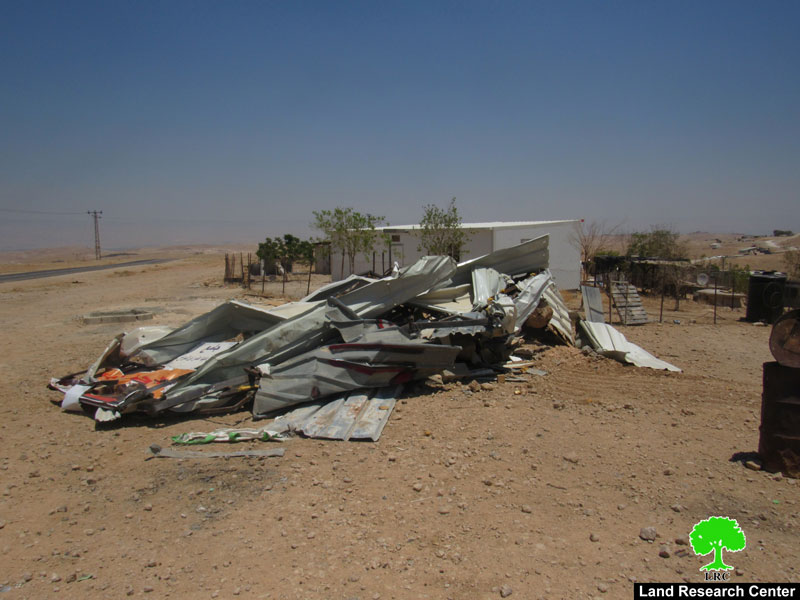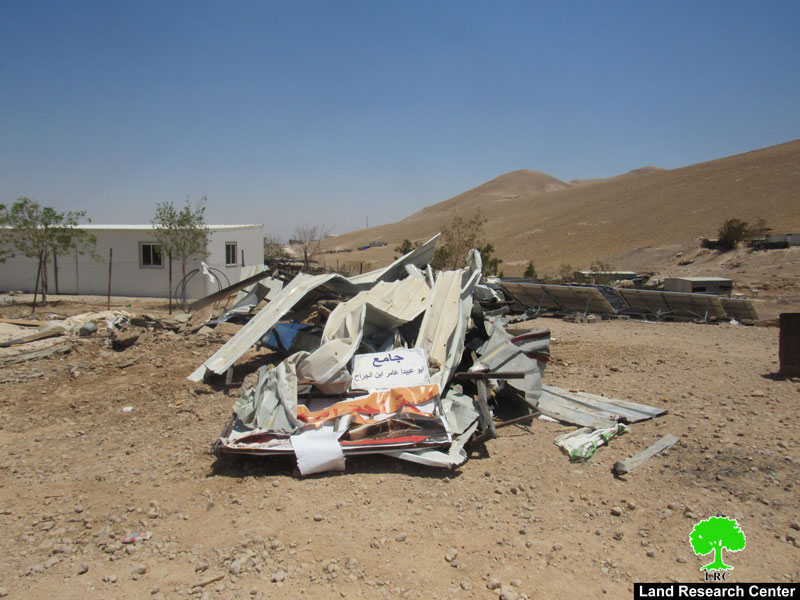Related
Demolishing a Cafeteria in Al-Ka’abneh Bedouin community - Al-‘Auja area / Jericho Governorate
Violation: Demolishing a Cafeteria built of steel sheets.
Location: Al-Ka’abneh Bedouin community – Al-‘Auja village / Jericho Governorate.
Date: June 24th 2021.
Perpetrators: The building inspector at the Israeli Civil Administration.
Victims: Citizen Suliman Al-Mlihat.
Description:
Thursday, June 24th 2021, The Israeli Occupation Accompanied by the building inspector at the Israeli Civil Administration raided Al-Ka’abneh Bedouin community southeast Al-‘Auja in Jericho , and carried out a demolition operation for a Cafeteria nearby the Bedouin community, and close to the bypass road that connects Jericho city to Al-M’uarejat area. The demolition was carried out based on a notice issued in reference to military order (1797).
The Cafeteria is a source of income for citizen Suliman Al-Ka’abneh , who supports a family of 6, 4 of them are children. The structure is built of steel sheets (9 m2).
The targeted Cafeteria
Affected Citizen said:
“Five months ago, I got a 10,000 Shekels loan (about 3000 USD), to start a Cafeteria to provide a source of income for my family. Before that , I used to live out of cattle breeding , but I was attacked by colonists’ gang “Sons of the hills” in Al-M’uarejat area , which caused an injury in my left foot, and because of that I can’t practice my past occupation, that why I had to create a new source of income for my family.
In 2014 the occupation demolished my house and displaced my family, and today the occupation demolished my only source of income. I can’t keep any source of income under the occupation’s arbitrary restrictions.”
Al-Ka’abneh Bedouin community:
Al-Ka’abneh Bedouin community (Al-Mlihat) is located to the south east of Al-‘Auja village, most of Al-Mlihat people descend from Al-Ka’abneh large clan and were forcedly displaced from Beer As-Saba’ area and resided areas south Hebron. As a result of The difficult life circumstances and shortage of postures and water, a large number moved to Al-Mu’arajat and Mikhmas areas, while the great majority now live in Al-‘Auja – Jericho .
70 families from Arab Al-Mlihat clan live in the Bedouin community, and they live a basic life without water, electricity or even infrastructure. They live in basic houses built of steel sheets and fabric.
Al-‘Auja village – an overview:[1]
12 km from Jericho city, Al-‘Auja village has a total area of 106,399 sunums, of which 1,186 dunums are a built up area for the village , it also has a population of 5,224 people until 2017 census.
The Israeli occupation confiscated about 4717 dunums for colonization , 1600 dunums are military bases for the army, while bypass 90 , which is 8,180 m long and devoured 818 dunums, in addition to Israeli settlement that ate up 2,299 dunums, as shown in the following table:
Settlement name | Establishment year | Confiscated lands | Number of settlers |
Jiljal | 1970 | 287 | 162 |
Netiv HaGedud | 1975 | 1,004 | 120 |
Na’aran | 1981 | 441 | 52 |
Yattaf | 1970 | 514 | 136 |
Nahal Tzuri | 1981 | 53 | N.A |
Total | 9877 | 2,299 | 470 |
International Conventions and agreements pertaining to house and residents demolition:
Article 17 of Universal declaration of human rights 10 –Dec- 1948: No one shall be arbitrarily deprived of his property.
Article 32 of Hague convention 1907 partg: To destroy or seize the enemy’s property, unless such destruction or seizure be imperatively demanded by the necessities of war.
Article 53 of Geneva fourth convention that forbids destroying properties: Any destruction by the Occupying Power of real or personal property belonging individually or collectively to private persons, or to the State, or to other public authorities, or to social or co-operative organizations, is prohibited, except where such destruction is rendered absolutely necessary by military operations.
International Convent on economic, social and Cultural rights of 1966, Article 11-1: The States Parties to the present Covenant recognize the right of everyone to an adequate standard of living for himself and his family, including adequate food, clothing and housing, and to the continuous improvement of living conditions. The States Parties will take appropriate steps to ensure the realization of this right, recognizing to this effect the essential importance of international co-operation based on free consent.
[1] GIS-LRC




